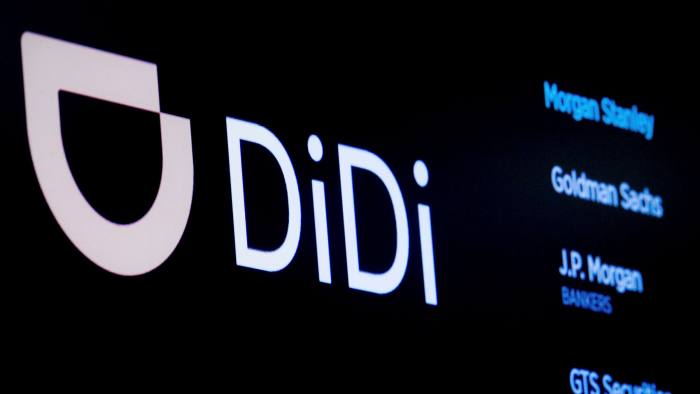In a statement released Friday, Didi Chuxing, the Chinese ride-hailing champion and a firm that was once hailed as the world’s most successful start-up, said that it will begin delisting its New York-traded shares and prepare to go public with a public offering in Hong Kong.
There will very certainly be repercussions outside of China, notably in Washington and on Wall Street. Didi issued shares to global investors in an initial public offering in New York in June, valuing the firm at $69 billion and valuing the company at $69 billion. Taking such a drastic reversal after just six months is certain to enrage investors, who pushed up the price of the firm when it went public earlier this summer.
After coming under heightened regulatory scrutiny in China, the firm announced on its official Weibo account on Friday that it will begin the process of delisting and preparing to list on the Hong Kong Stock Exchange.
With its $4.4 billion initial public offering in June, Didi became the largest Chinese business to list on the New York Stock Exchange since Alibaba did so four years earlier. The Didi app was removed from local app stores a few days later, according to Chinese officials. A prohibition on new user registrations was also imposed on the corporation, and it was exposed to a wide-ranging government probe into its information security methods.
While the Biden and Trump administrations have imposed investment restrictions on large Chinese state-owned firms that are publicly traded in the United States, New York has remained a desirable destination for China’s private-sector technology leaders.
Didi had a difficult time avoiding regulatory scrutiny even before it was listed on the stock exchange. On March 31, authorities in the southern city of Guangzhou ordered it and nine other enterprises to compete fairly and refrain from using customers’ personal data to raise costs.
Didi was one of three dozen Chinese internet companies that were compelled to comply with antimonopoly regulations by authorities a month later. As of May, transportation officials instructed Didi and other platforms to maintain fairness and transparency when it came to charging for rides and calculating drivers’ earnings.
It also happened during a long-running crackdown on the dominance of China’s largest technology groups, which began in November 2020 when President Xi Jinping ordered the last-minute halt of Ant Group’s dual listing in Shanghai and Hong Kong, which is Jack Ma’s fintech platform, and has continued ever since.
Because of the scuttled listing, Ma, who is also the founder of ecommerce site Alibaba, has almost retreated from the public spotlight. Cheng Wei, Didi’s chief executive, and Jean Liu, the company’s president, have likewise kept a low profile while they work to reach a settlement with Chinese authorities.
Didi has said that it would first seek a listing in Hong Kong and then encourage holders of US ADS to transfer their holdings. However, the city’s more severe listing and compliance standards were a major obstacle in the company’s decision to relocate to the United States in the first place.

